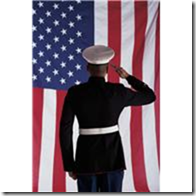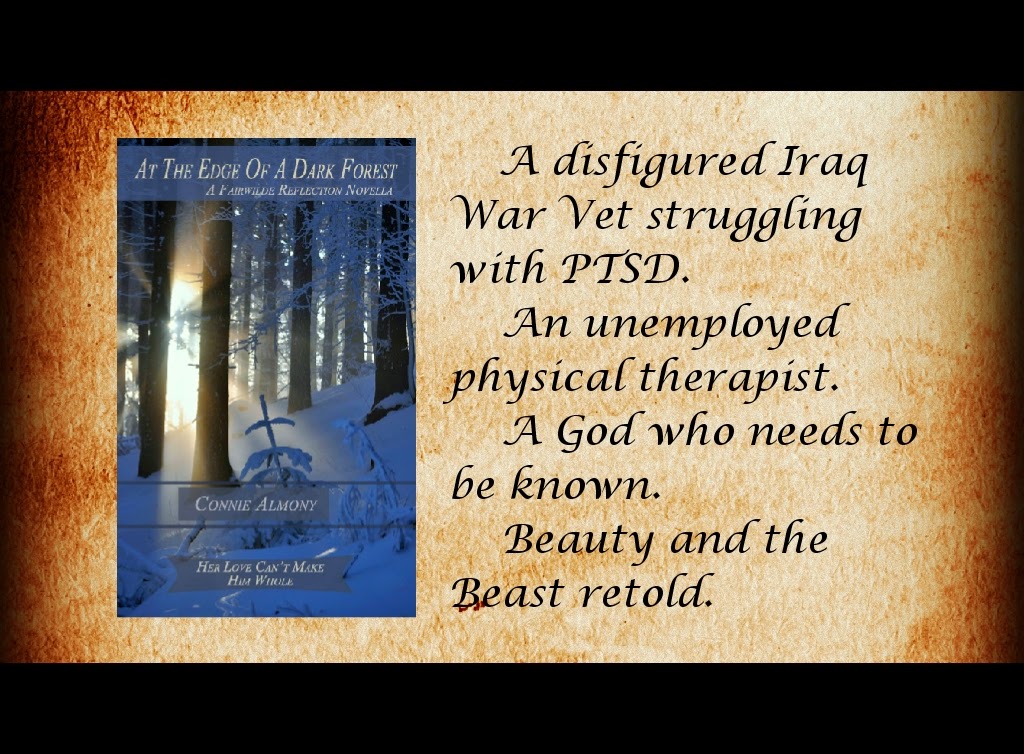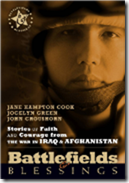The difference is, no one in grade school told me that if I tried hard enough, I could change my brown eyes to blue. But teachers did tell me that if I tried hard enough, I could tell the difference between b and d.
When I was in grade school, no one knew about dyslexia. I imagine it
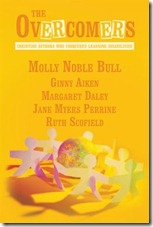 had been studied, but none of that information had arrived in schools. Not one of my teachers knew what my problem was. I don’t blame them but life wasn’t easy for a six year-old who couldn’t do what other classmates accomplished so easily.
had been studied, but none of that information had arrived in schools. Not one of my teachers knew what my problem was. I don’t blame them but life wasn’t easy for a six year-old who couldn’t do what other classmates accomplished so easily.When I look at lists of problems dyslexic children face, these are a few I see in myself.
1. Getting sounds in words mixed up. I cannot say “bed and breakfast” without stopping because my first choice is “bread and beckfast” and I always put “tea and flick” collars on our pets.
2. I can’t tell the difference between “right” and “left.” I once had a pair of shoelaces—this was when I was thirty—that had “right” on one and “left” on the other. Once I figured out which shoe to put each in, I felt an enormous sense of security. If I was confused, I could look at my feet. This is still a problem. When I tell my husband to turn right, he often turns left because that’s what he thinks I mean. I have pondered getting a tat on my right hand that actually says, “right.”
3. Trouble sequencing numbers. Even now, when I go to pump gas and am asked my zip code, I panic. I’m not expecting that and cannot remember it. Once, as minister, I gave a woman whose husband was dying my phone number—but not the correct one. When I’m tired or sick, I will always make mistakes.
4. It’s very hard for me to memorize anything. In Spanish, I would write vocabulary words over and over, sometimes fifty times or more, to learn them. Oddly, I ended up majoring in Spanish and teaching it for years.
There are many more examples but this is probably enough for you to get the idea. As a kid, I felt stupid. Really dumb. I never got my spelling papers on the bulletin board. Of course, I never made 100% on a spelling test either.
But I am smart. Really smart. I’m not bragging but it’s true. That’s how professionals can tell a dyslexic: a smart kid who underperforms.
How does a child deal with feeling stupid?
Today, life is easier for students with learning disabilities. Programs and support are available today that weren’t when I was in school. But it’s still hard. A child with learning disabilities is still different, is often removed from class—always a stigma—for special attention. A high school neighbor who was dyslexic spent a few weeks each summer going back to school for additional assistance.
I made it through grade school—not that I had much choice—and high school and college and earned two master’s degrees because I was blessed to know Jesus my entire life. My father tells the story of my having a tea party with Jesus when I was three of four. I don’t remember that, but I believe it because there has never been a time I didn’t have faith, when I didn’t know my Savior walked beside me and strengthened me.
Knowing I was a beloved child of God carried me through grade school as certainly as it has carried me through my entire life. With every tragedy or new adventure, the certainty of God’s love supported me.
So when Molly Noble Bull—also a dyslexic—had the idea of dyslexic authors who wrote for Love Inspired coming together in witness, I immediately joined the group as did Ginny Aiken, Margaret Daley and Ruth Scofield. In this book, the five of us tell how we overcame our disabilities. These sections became The Overcomers: Christian Authors Who Conquered Learning Disabilities which we self-published through WestBow Press last year, thanks to Molly’s tireless efforts.
 We all felt the need to witness that through our faith, we came out strong and successful people, women who have published around one-hundred books.
We all felt the need to witness that through our faith, we came out strong and successful people, women who have published around one-hundred books.But I’m still dyslexic and I still have brown eyes.
Come see Jane’s interview on InfiniteCharacters.com about her new fiction release, The Welcome Committee of Butternut Creek.
Related Posts:
Jane Perrine and the The Welcome Committee of Butternut Creek
Meet Molly Noble Bull: The Dumbest Kid in Her Elementary, by Molly Noble Bull
Why I Wrote Part of the Overcomers, by Margaret Daley
Jane Myers Perrine has worked as a Spanish teacher, minister, cook,
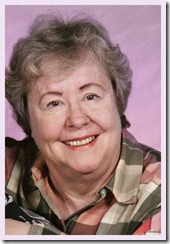 rifle instructor, program director in a state hospital, and been an active volunteer, but she’s always wanted to write. Finally, she found time and has published books with Avalon Books and Steeple Hill Love Inspired. Her short pieces have appeared in the Houston Chronicle and Woman’s World magazine.
rifle instructor, program director in a state hospital, and been an active volunteer, but she’s always wanted to write. Finally, she found time and has published books with Avalon Books and Steeple Hill Love Inspired. Her short pieces have appeared in the Houston Chronicle and Woman’s World magazine.She’s now writing a three-book series she loves about a young minister in a small town of Butternut Creek in the beautiful Hill Country of Texas. She likes small towns, warm, friendly people and humor. The Welcome Committee of Butternut Creek, the first book in the series, was published in April, 2012. The Matchmakers of Butternut Creek will be available in November, 2012.
With her minister husband, George, she landed in the South after living many years in cold areas of the country. They decided to give up changing seasons for no snow and have never regretted that choice. They now live north of Austin where their lives are controlled by two incredibly spoiled tuxedo cats.
Jane can also be found at the following:
Facebook JaneMyersPerrine
Twitter @perrinejane
Website janemyersperrine.com
Blog janemyersperrine.com/blog




